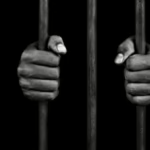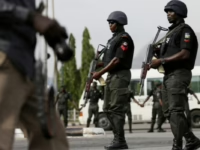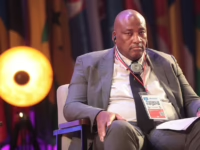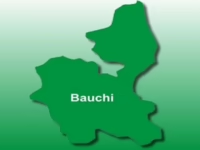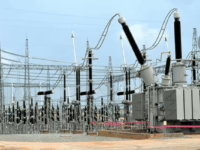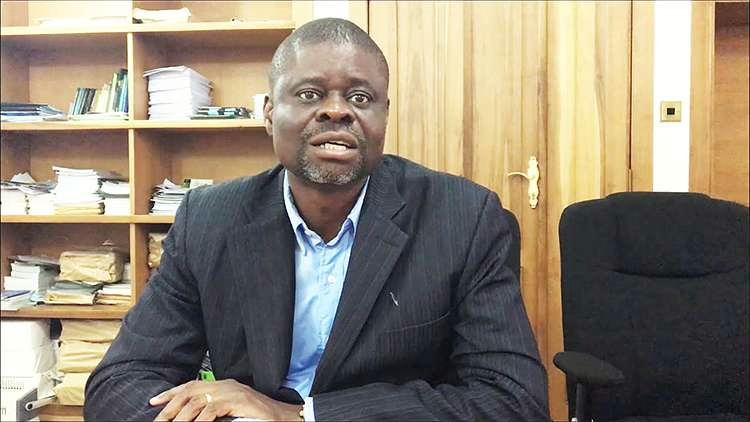Dr. Otive Igbuzor, a distinguished expert in development, emphasizes that the advancement of African countries hinges significantly on the caliber of leadership, the efficacy of governance, and the robustness of institutional frameworks.
He highlights that the absence of these critical elements often results in developmental stagnation within any given system.
Speaking at the 2025 International Leadership Conference held at Afe Babalola University, Ado-Ekiti (ABUAD), Dr. Igbuzor underscored that exceptional leadership is the pivotal factor determining whether a nation can successfully navigate challenges such as insecurity, social inequality, climate crises, societal disruptions, and democratic erosion.
The conference, themed “Transformational Leadership in an Insecure and Disruptive Era: Cultivating Ethical, Resilient, and Influential Leaders for Africa,” was hosted by ABUAD in partnership with Trinity Western University, Vancouver, Canada, and the African Centre for Leadership, Strategy and Development (CentreLSD).
As the founding executive director of CentreLSD, Dr. Igbuzor revealed that global research indicates a widespread leadership deficit, with over 86% of experts worldwide identifying poor leadership as a major barrier to addressing modern-day challenges.
He noted, “In Nigeria and across much of Africa, this leadership void is evident through ineffective governance, rising insecurity, dominance by elites, fragile institutions, exclusionary political practices, and persistent underdevelopment despite abundant human and natural resources.”
Meanwhile, Aare Afe Babalola, the founder of ABUAD, expressed deep concern over Nigeria’s escalating national debt burden.
The legal luminary stated, “The conference’s theme is particularly timely given our current developmental context. Nigeria’s public debt has ballooned to N152.4 trillion, approximately $99.7 billion.”
He further explained, “This debt situation discourages foreign investment, as many international companies hesitate to engage economically with a heavily indebted nation. Additionally, banks have raised alarms over the Central Bank’s failure to honor government-issued promissory notes, citing the federal government’s inability to meet its financial obligations.”
Reflecting on Nigeria’s past, Aare Babalola remarked, “Prior to independence in 1960 and for some years thereafter, the country enjoyed relative safety with minimal crime such as theft, armed robbery, or kidnapping. The Nigerian Naira was once stronger than the US dollar, and food supplies were plentiful. Today, however, the exchange rate has drastically shifted, with one US dollar equating to 1,500 Naira.”



